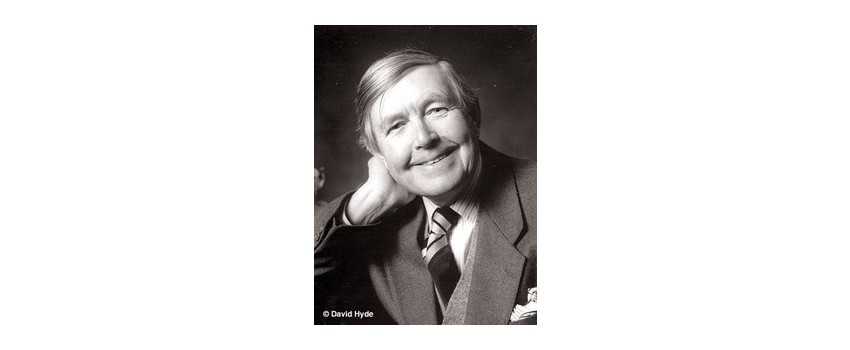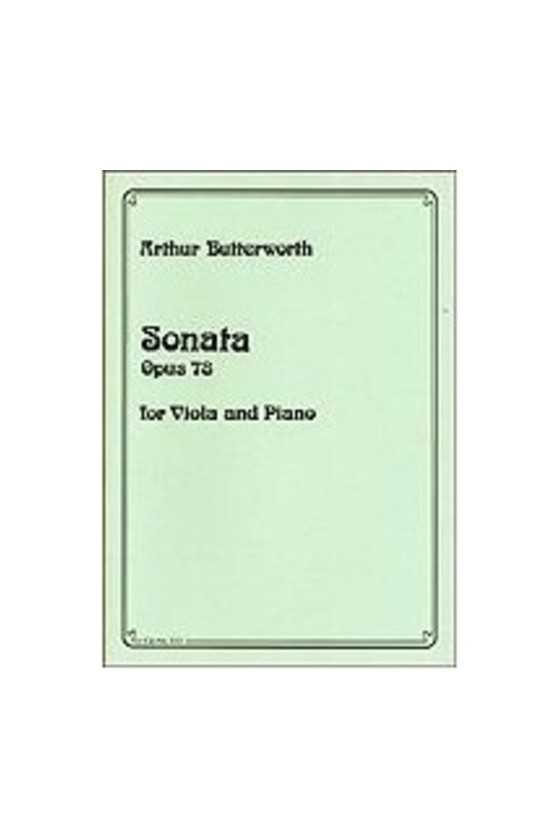Butterworth, Arthur
Arthur Butterworth (4 August 1923 – 20 November 2014) was born in the Manchester suburb of New Moston. His father was the choir secretary at the local church. Butterworth's mother played the piano, and he sang in the choir. Young Butterworth paid sixpence to attend Hallé concerts and volunteered for the local brass band, where he was assigned the trombone. He began conducting classes while still a youngster and performed with the well-known band at Besses o' th' Barn. He caught his trombone on tram tracks while serving with the band and, disheartened by the mishap, switched to the trumpet. Percy Penrose, his music teacher at North Manchester Grammar School, encouraged him, although his parents and headmaster attempted to discourage him from pursuing music as a full-time profession. Butterfield's five years in the army during WWII limited his musical opportunities, but he more than made up for it afterward.
However, in 1939, he was awarded the Alexander Owen Scholarship for talented brass players. His first piece was performed in front of an audience by the Wingates Band, directed by Granville Bantock. Butterworth had no clue how well-known Bantock was at the time or that he was a close friend of Sibelius, whom he admired! "If you strive hard enough, maybe one day you'll grow up to be a real composer," the great man remarked gently. Butterworth studied composition under Richard Hall at the Royal Manchester College of Music (now the Royal Northern College of Music) and trumpet and directing. After writing to Ralph Vaughan Williams in 1950 and seeking instruction, he studied composition with him. From 1949 to 1955, he was a trumpeter with the Scottish National Orchestra (now the Royal Scottish National Orchestra). From 1955 to 1962, he was a member of the Hallé; he also worked as a freelance musician until 1963. In the same year, he started teaching at the Huddersfield School of Music. He coupled with his writing and directing (he was the principal conductor of the Huddersfield Philharmonic Orchestra). In 1995, he was awarded the MBE.
George Butterworth (1885–1916), the composer, was not related to him. Seven symphonies, eight concertos, many additional major orchestral compositions, and a significant quantity of serious brass music are among his works (almost totally neglected by the brass band movement). Butterworth returned to the Royal Scottish National Orchestra in the summer of 2008 to direct a recording of his Fourth Symphony (1986) and Viola Concerto (1988) with Sarah-Jane Bradley, an English viola player. On November 15, 2009, the St Petersburg State Capella Orchestra performed Beethoven's Sixth Symphony in Saint Petersburg. The Dutton Epoch Label has published a collection of Arthur Butterworth's symphonic and chamber compositions. Under the direction of the composer, the Royal Scottish National Orchestra performs the Viola Concerto, as well as the Fourth and Fifth Symphonies. Barbirolli's 1958 mono recording of Butterworth's First Symphony is included in one of the editions and a series of reminiscences by the composer.


